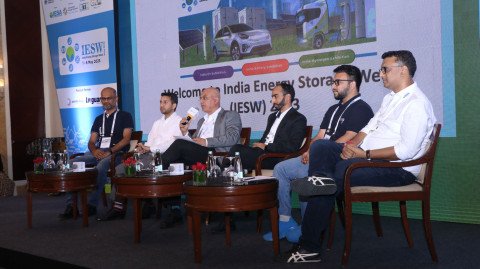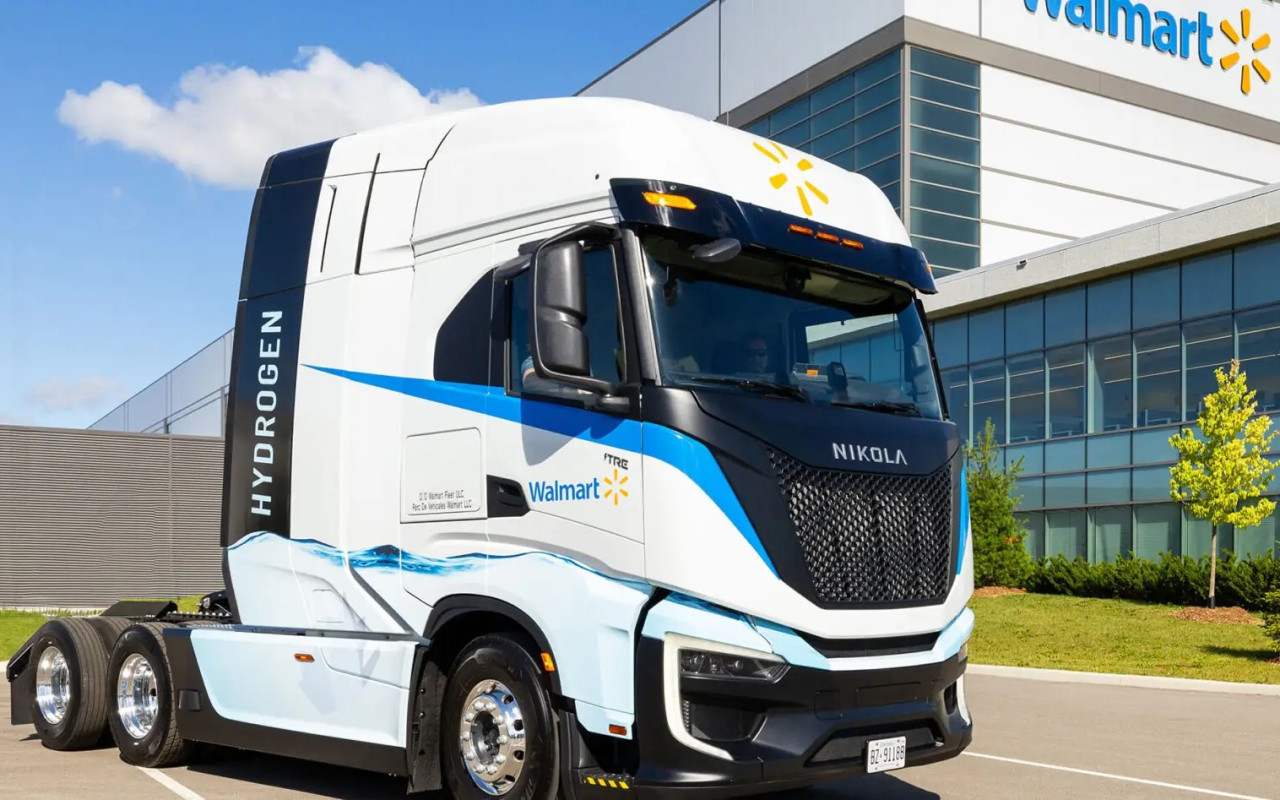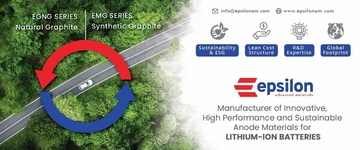IESW 2023: Battery Swapping is viable and scalable, it’s here to stay
The final Track 2 session on the inaugural day focused on battery swapping and was moderated by Gurusharan Dhillon, Director of e-Mobility at CES.
The panel consisted of Randheer Singh, Director of Electric Mobility and Senior Team Member of the Advanced Chemistry Cells program at NITI Aayog, Pulkit Khurana, Co-founder of Battery Smart, Nikhil Bhatia, Co-founder of Hop Electric Mobility, Varun Goenka, Chief Driving Officer at Charge Up and Ramchandran Raghupathy, Chief Technology Officer, Matter Mobility.
The discussion touched on issues such as battery as a service, the evolution of the industry, interoperability and standardization of batteries to encourage battery swapping, the possibility of developing a suitable subsidy model for battery swapping and simplification for homologation. Here are some key takeaways from each speaker's comments across the topics:
Randheer Singh:
The NITI Aayog is spearheading consultation between multiple agencies such as ARAI, State RTOs, the GST Council, BEE, etc to create one seamless policy
World over, there is a specialization in topics, and this necessitates the deployment of specialists to handle issues. But there is also a need for a facilitator agency, and this is where the NITI Aayog as a nodal agency to bring together all stakeholders and manage the policy machinery
Current tariffs can fall tremendously if utilization doubles. By as much as Rs 15 or more even
A unified battery swapping policy is possible, but requires active support from the industry. As the authors of the policy, we have a vested interest in bringing it about, but the policy cannot be in silos
Pulkit Khurana:
Battery swapping lowers prices for consumers. Also, the concerns and monitoring of battery performance gets transferred from user to company
Swapping is also real-estate efficient, with a small workshop turning around up to 300 e-vehicles or more per day, as opposed to just five or six if that space was used for overnight charging
Taiwan has shown additional advantages of battery swapping: the battery swapping hub can be connected to the grid and be used to both, store and supply power depending on the immediate energy demand scenario
The equation between battery swapping and EV offtake is like the proverbial chicken-and-egg question, and it has been like this globally. We need a strong network of battery swapping stations to attract people
There is a need for large capital from the private sector to accelerate EV adoption in India. But when companies like Honda investigate entering a nascent sector such as battery swapping, it's a clear validation of our sector
Varun Goenka:
Swapping has changed the nature of the battery from a cost center to a revenue center. For instance, drivers in our experience have started earning 2x their original income simply because battery swapping allowed them to travel further and longer
Demand is rarely a problem here. Instead, more time is spent looking at stability and safety of operations and financing for comparatively higher capex needs
This industry cannot run on 'start-up' mode – we cannot afford qualitative slip-ups. In our business, safety matters more than speed
Battery swapping mainly makes sense for commercial users rather than personal users, as personal users do not travel as often or as far. For commercial users though, battery swapping is a boon
Ramachandran Raghupathy:
Energy as a consumer sector involves a paradigm shift in consumer mindset and willingness to accept new products vis-s-vis the international combustion engine where consumers wait just five minutes for a refill
Today, we create a perceived usage pattern and then validate the product. But this brings about real-world problems: what happens when a battery goes into different machines that make different demands on it? Not all usage requires similar power discharge. For example, a battery going into a 150cc e-bike faces different demands than one in a 350cc e-bike
There is a need for a "system of systems" mindset that takes the above into account, which must then govern the approach to battery building and swapping
Nikhil Bhatia:
E-mobility offers great space for innovation. In our case, e-bike buyers pay an average Re 1 or less per kilometer travelled. This works out of less than half of their per-kilometer cost in competing modes
Stay tuned to ETN's IESW 2023 Show Daily and our LinkedIn page for daily updates on the entire week of dialogue and exhibition of clean energy technologies and solutions. To learn more about the event, visit IESW 2023.






















